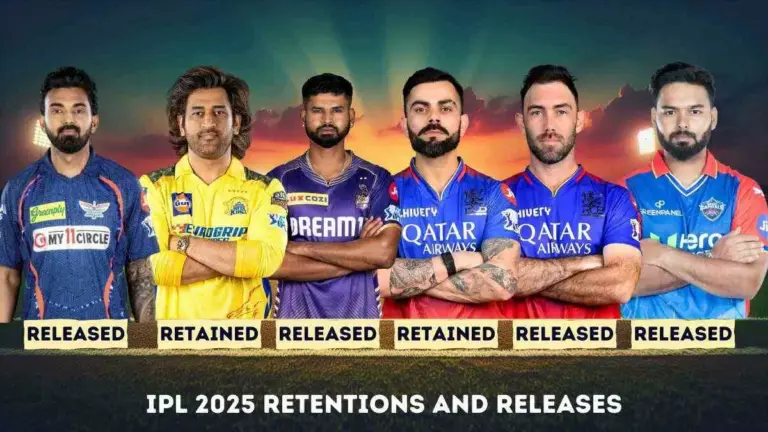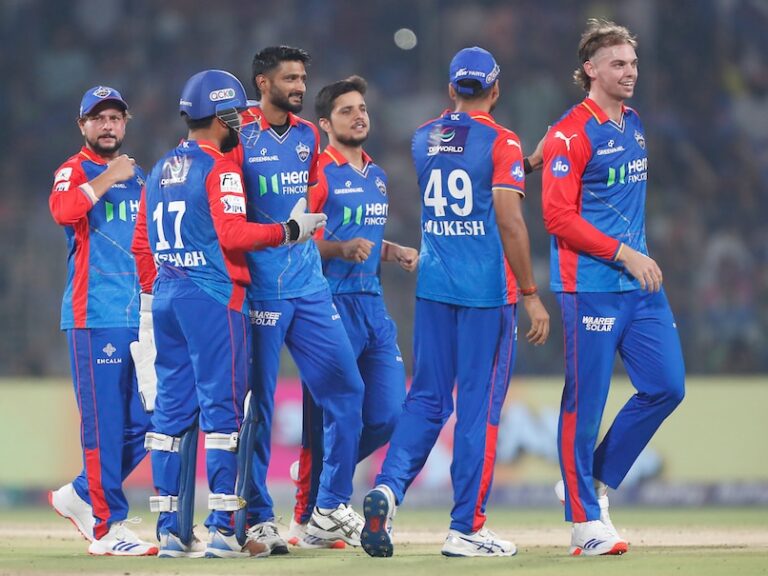Rohit Sharma’s New Role in MI – Captain or Mentor?
In the ever-evolving landscape of the Indian Premier League, few stories have captured the attention of fans and critics alike as much as Rohit Sharma’s shifting responsibilities within the Mumbai Indians. As discussions swirl about whether his role is transforming into that of a captain or that of a mentor, enthusiasts are keen to understand the nuances behind this decision. For further insights and diverse perspectives, you can explore resources like ike Apbook and Reddy Anna Book, , which offer detailed analyses and commentary on sports leadership and team dynamics.
The Transition: Changing Roles in a Dynamic Team
Rohit Sharma has long been associated with the Mumbai Indians not only as a prolific batsman but also as a strategic leader on the field. With every season, his evolution has been marked by both personal milestones and collective achievements. Recently, the cricketing fraternity has been abuzz with speculation regarding his evolving role. Is it time for him to assume full-fledged captaincy, or will his experience better serve the team in a mentorship capacity?
This question resonates deeply with a broader debate on leadership in sports. The idea of a captain extends beyond just wearing a cap; it encompasses tactical decisions, in-game strategies, and being the emotional anchor for the team. Conversely, the role of a mentor, although less visible during matches, is critical in grooming future talent and providing guidance based on decades of experience. Both roles are integral to the success of a team, and Rohit Sharma’s potential shift in responsibilities highlights a unique balance between immediate tactical demands and long-term developmental strategies.
Leadership Qualities and The Debate
Cricket, much like other team sports, thrives on effective leadership. The captain is expected to have an astute understanding of the game, a calm demeanor under pressure, and the ability to galvanize the team when the going gets tough. Rohit Sharma’s track record demonstrates these qualities, yet his potential pivot to a mentor role invites a broader discussion on what kind of leadership best serves a team’s growth.
While some argue that his experience makes him ideally suited for the captain’s armband, others believe that his ability to nurture young talent might have a more profound impact behind the scenes. In this context, it is essential to consider how his influence is perceived both on and off the field. As captain, Rohit would be expected to lead from the front, making split-second decisions that could alter the course of a match. As a mentor, his role could evolve into shaping the team’s strategy, sharing wisdom from years of international cricket, and ensuring that upcoming players are well-equipped to handle the pressures of the IPL stage.
Background: The Journey of a Star
Rohit Sharma’s journey in cricket has been nothing short of inspirational. From his early days as a promising youngster to becoming one of the most respected figures in international cricket, his career has been a blend of extraordinary talent and relentless perseverance. His association with the Mumbai Indians has seen him contribute significantly to the team’s success over the years. With multiple IPL titles to his name, Rohit has grown not only as a player but also as a natural leader whose insights are highly valued both by teammates and cricket pundits.
Challenges Ahead for Rohit Sharma
Every role in cricket comes with its own set of challenges. Should Rohit Sharma take on the captaincy, he would be stepping into a role where every decision is magnified, and the pressure to perform consistently is relentless. Leadership in the IPL is a high-stakes endeavor, and the captain is often the first point of reference during critical moments. This means that any misstep can have far-reaching consequences for the team’s morale and performance.
On the other hand, shifting to a mentor role might seem less glamorous but is equally demanding. Mentorship requires a deep commitment to understanding individual player strengths and weaknesses, building trust, and sometimes making tough calls about team composition and strategies behind closed doors. In this capacity, Rohit Sharma would be instrumental in laying down a solid foundation for the next generation of players, ensuring that Mumbai Indians continue to be a powerhouse in the league.
Future Prospects: A Mentor or a Captain?
The decision regarding Rohit Sharma’s future role with the Mumbai Indians will undoubtedly have far-reaching implications. His ability to adapt to either role will depend largely on the evolving dynamics of the team and the specific challenges that lie ahead. If he steps into the captaincy, his leadership will be directly visible on the field, potentially offering a fresh tactical approach that could redefine the team’s playing style. Conversely, as a mentor, his influence may extend beyond the pitch, contributing to a sustainable culture of excellence and continuous improvement.
The debate between the roles of captain and mentor is not unique to Rohit Sharma; it is a recurring theme in sports where experienced players must decide how best to contribute to their team’s success. His decision will not only affect the current season but also shape the strategic direction of the Mumbai Indians for years to come. As fans and analysts await the final verdict, the focus remains on how best to leverage his unparalleled experience and cricketing acumen in a way that maximizes team performance and fosters the growth of emerging talent.
In conclusion, whether Rohit Sharma takes on the captain’s armband or opts for a mentorship role, his contributions to the Mumbai Indians are set to leave a lasting legacy. His journey serves as a testament to the evolving nature of leadership in modern sports, where roles are continuously redefined in response to new challenges and opportunities. The answer to the question—Captain or Mentor?—might eventually prove to be both, reflecting the multifaceted nature of true leadership.







